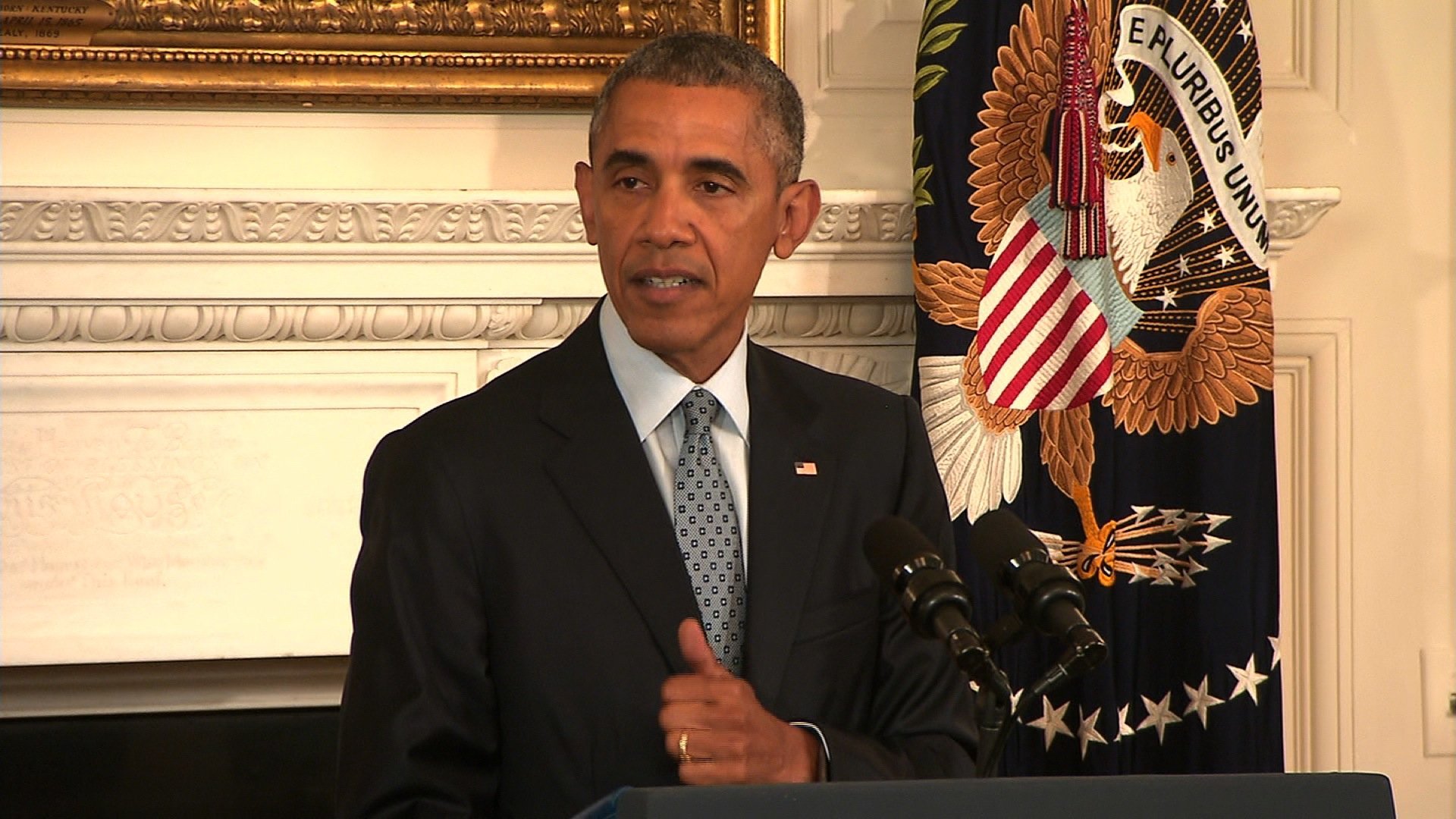The Obama administration asked the Supreme Court on Friday to reverse a lower court ruling and allow the president’s controversial immigration programs, meant to ease deportation threats to millions of undocumented immigrants, go into effect.
And the administration wants the case heard quickly — before the 2016 presidential election.
“A divided court of appeals has upheld an unprecedented nationwide injunction against implementing a federal immigration enforcement policy of great national importance, and has done so in violation of established limits on the judicial power,” Solicitor General Donald B. Verrilli Jr. wrote in court briefs filed Friday. “If left undisturbed, that ruling will allow States to frustrate the federal government’s enforcement of the nation’s immigration laws.”
The brief represents the administration’s last real hope of getting a court to green light the programs before the next election. Earlier this month, a federal appeals court upheld a lower court and said that the administration lacked the authority to implement the programs, blocking them from going into effect.
There are about 11.3 million undocumented immigrants in the United States today and about 4.3 million would be eligible to receive some federal and state public benefits as well as work authorization if the Supreme Court rules in their favor.
The programs target the eligible parents of U.S citizens as well individuals who were brought here as a children.
Twenty-six states, led by Texas, are challenging the actions arguing that the President exceeded his authority. They note that the programs aren’t just about making priorities about who can be deported, but that they grant individuals lawful presence and numerous state and federal benefits.
Verrilli wrote to the Supreme Court that that 5th U.S. Circuit Court of Appeals “fundamentally erred” in its analysis and “committed manifold and significant errors in affirming the unprecedented nationwide injunction,” calling for “immediate review.”
“The court of appeals’ judgment enjoins nationwide a federal policy of great importance to federal law enforcement, to many states, and to millions of families with longstanding and close connections with this country. A twice-divided court of appeals should not have the last word on whether that policy can be implemented,” Verrilli wrote. “The great and immediate significance of the secretary’s guidance, the irreparable injury to the many families affected by delay in its implementation, and the broad importance of the questions presented, counsel strongly in favor of certiorari now.”
In announcing the initiatives last November, the administration said it was trying to manage its limited immigration enforcement resources and prioritize who should be removed from the country. Verrilli argues that the administration has the authority to defer action on the removal of those who pose no threats and have close family ties.
The states are expected to file their brief with the Supreme Court in the coming weeks, and could ask for an extension of time. The court’s timing could be critical. Under normal circumstances, if the justices are to hear the issue this term, briefing must be completed by mid-winter.
Immigrant rights activists hailed the administration’s move Friday, emphasizing the court should take the case quickly.
“We are determined to see these important protections become a reality,” Marielena Hincapié, executive director of the National Immigration Law Center, said in a statement. “With this swift filing by the Department of Justice for Supreme Court review, the Court has plenty of time to hear the case this term and provide stability to the millions of families stuck in legal limbo.”




